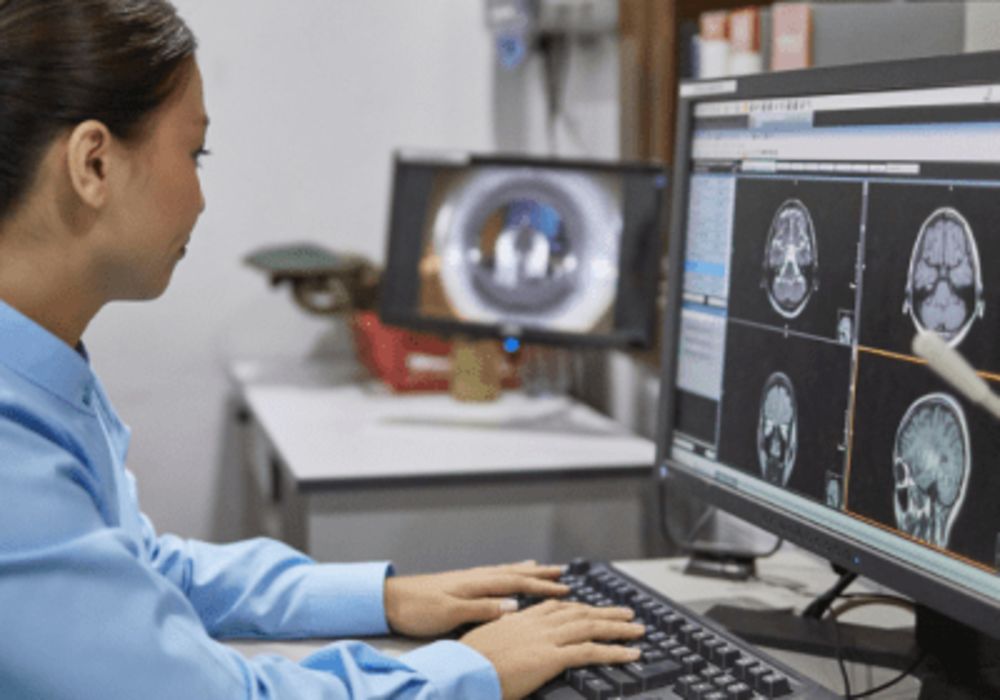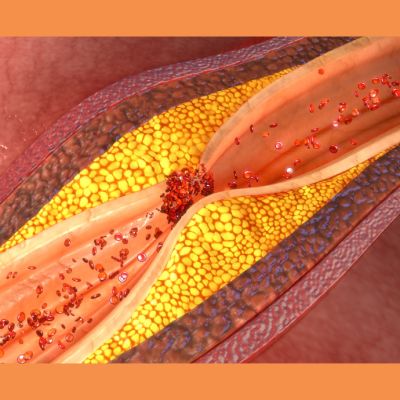Research into the use of AI methods to enhance MRI scan acquisition, particularly in musculoskeletal radiology, has seen significant advancement since 2016. While initial studies show promise in improving image resolution and speeding up imaging processes, questions remain about the reliability of AI-generated images for routine clinical use. Establishing a trusted reference standard through collaboration between AI researchers and clinical radiologists is crucial for the widespread implementation of AI-supported MRI acquisition methods in clinical practice.
Advancements in Deep Learning for Musculoskeletal MRI
Recent advancements in deep learning (DL) image reconstruction algorithms are revolutionizing musculoskeletal MRI, targeting all aspects of image quality and diagnostic performance across various field strengths and pulse sequences. These sophisticated DL-based methods encompass raw data denoising, multisection controlled aliasing, and coil g-factor corrections, resulting in enhanced temporal, spatial, and contrast resolution. Future developments seek to further enhance MRI capabilities, promising significant efficiency gains and expanded diagnostic utility in musculoskeletal imaging.
Streamlining Workflows: Integrating AI into Radiology Reporting
AI tools are poised to revolutionize the entire radiologist workflow, from imaging orders to reporting. Automation of study protocoling and interpretation tasks streamlines workflows, potentially reducing reading times and aiding in patient scheduling and operational efficiency. Efficient integration of AI into radiology reporting and PACS workflows is essential to streamline processes for radiologists without adding undue burden, with orchestration platforms simplifying AI integration.
Imaging Interpretation and Disease Prognostication: The Next Frontier
AI aids in detecting, localizing, characterizing, segmenting, and quantifying abnormalities with remarkable accuracy and efficiency, highlighting its potential as a powerful diagnostic aid in musculoskeletal imaging. AI holds promise for advancing musculoskeletal imaging beyond interpretative and noninterpretative tasks, offering potential in disease prognostication and predicting clinical outcomes, paving the way for precision medicine.
Ensuring Accuracy and Reliability: Navigating Today’s Challenges
AI models undergo rigorous evaluation processes to ensure accuracy and generalizability in medical imaging applications, with guidelines like the Checklist for AI in Medical Imaging providing a structured framework for reporting model evaluation, yet important challenges remain, mainly around achieving widespread applicability and addressing issues of standardization.
Responsibility for errors arising from the use of AI systems in radiology is multifaceted and involves radiologists, healthcare systems, and AI system developers, with liability outcomes varying across jurisdictions.
Embracing AI: Empowering Musculoskeletal Radiologists
Musculoskeletal radiologists must actively embrace AI integration into clinical practice to enhance their expertise in image interpretation and workflow efficiency, viewing AI as a tool to amplify their capabilities rather than a threat to their role.
Source:Radiology
Image Credit: iStock
























